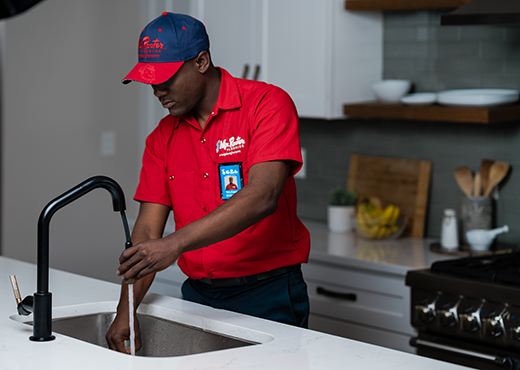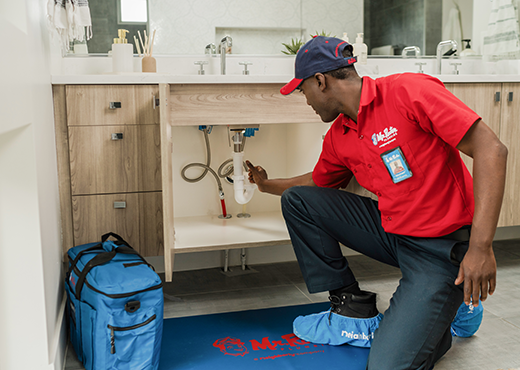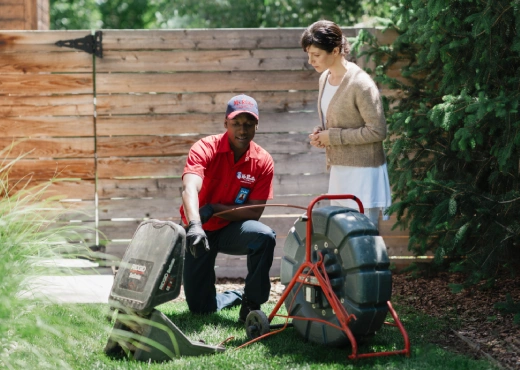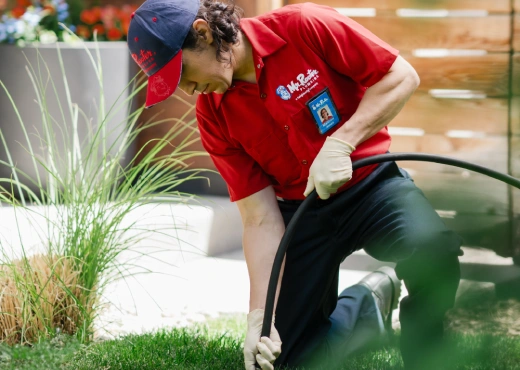One of the most frequently encountered issues that require water heater repair is inadequate heating, which results in water that is not hot enough for use.
This problem can manifest as lukewarm showers or a complete lack of hot water, and it typically stems from several potential causes:
Faulty Heating Elements
Electric water heaters have heating elements that can burn out over time. When these elements fail, they no longer heat the water effectively. Replacing the faulty elements usually restores the water heater's functionality.
Malfunctioning Thermostat
Both electric and gas water heaters rely on thermostats to regulate the water temperature. If a thermostat is defective, it may fail to signal the heating mechanism to activate or may misread the water temperature, resulting in water that's too hot or too cold.
Pilot Light and Gas Burner Issues
For gas water heaters, a common issue is problems with the pilot light or the gas burner. A pilot light that frequently goes out or a burner that doesn't ignite can be a sign of a faulty thermocouple or a clogged pilot orifice. Regular maintenance can often prevent these problems.
Sediment Buildup
Over time, water impurities can form sediment that settles at the bottom of the tank. This sediment layer can insulate the water from the heater's burner or elements, reducing heating efficiency and increasing the time it takes to heat water. Flushing the tank annually can help prevent sediment buildup and stave off water heater repair in Anderson.
Corrosion
Water heaters are equipped with anode rods to prevent the tank from rusting. However, if the anode rod is depleted and not replaced, the tank can start to corrode, which might eventually lead to leaks. Checking and replacing the anode rod as needed is a crucial part of water heater maintenance.






